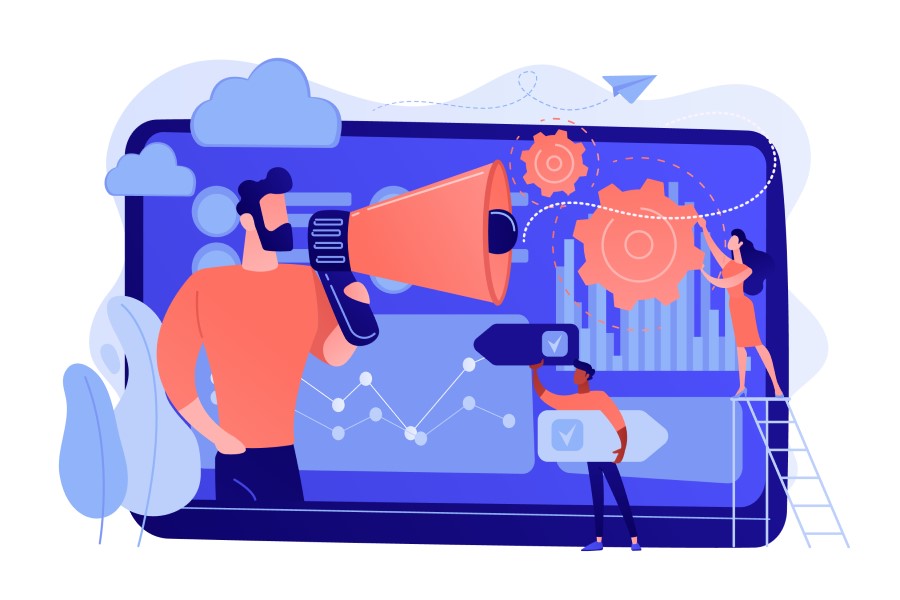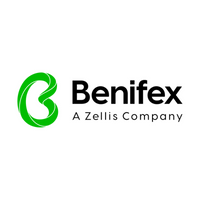How to use consumer-style communication techniques to improve workplace benefits engagement

Audience profiling
Understanding your employees; their wants, needs and preferences is imperative to communicating effectively with them. Standard demographics aren't cutting it anymore; to engage your employees with their benefits you need to make sure they have what they need, when they need it. Use your data to dig into the types of employees who are electing and using the benefits.
Start a conversation with your employees to capture their input. Different kinds of communication have different benefits: something formal like a survey or focus group may be good for collecting wide-ranging, generic data. Whereas something informal, like personal conversations or social media, can be used to really drill-down into individual employee feedback. It's important to include the employee voice, so a mixture of broad and specific input from employees is crucial. This helps the scheme to align with their needs, and not what the business needs.
Tip: This may sound like a lot of work, so start small. Have a few conversations with employees throughout your business or reach out to your line managers and other employee forums already in place to get a sense of what your employees think of the benefits experience.
Measurement
How do you know what's working? Where should you invest your time and resources? In order to succeed, you must first understand what’s working, and the return on your investment. Whether it's cost savings from National Insurance contributions, fewer sick days, or staff retention, make sure you have a plan in place to track how your communication impacts on the things that matter to your business. Too often, communications that come at the top of the engagement funnel are forgotten about.
Tip: Go beyond open and click-rates – think about the metrics that really define your campaign success and use them to drive your plan. Which specific benefit have you been driving people towards? What cultural message have you been pushing, and are you seeing that reflected further around the business? Remember, what gets measured gets done.
Campaign, don't promote
Take your employees on a journey, reach them through multiple channels, and use messaging that grabs attention. Rather than consistently pushing promotion, build out a rounded, interactive, personalised campaign.
Your employees receive constant draws on their attention, from a new email which needs a reply now, to their never-ending ‘to do’ list, to a text message on their phone or what they’re going to have for lunch. Your benefit communications need to stand out from the crowd. Use messaging that grabs their attention, use channels that will best communicate your messages and meet your objectives (you can't just rely on email), and personalise the experience where possible.
Tip: Collect marketing that grabs your attention during your daily life and use it as inspiration on your next campaign.
Service doesn't stop at selection
Your job is not done when your employee elects a benefit. In order to encourage continued engagement, every touchpoint an employee has with their benefits platform or provider needs to meet or exceed their expectations. Be concerned about those employees who elect a benefit and don't use it – these are prime opportunities to improve communications and your potential target audience for future campaigns. What don't employees understand, why is it not what they expected, where are the blockers to their engagement? Work with your benefits consultants, technology providers and HR teams to ensure that the experience from start to finish is aligned to what your employees need.
Tip: Think about your own experience when using your benefits, was there anything that you struggled with that could be improved?
Think strategically
Once you have all this in place, put it into a strategy that records:
- where you are now: your audiences, your available channels, your challenges and your priorities
- where you want to go: your success measures, your objectives, your vision.
Having a plan on how to get there is vital to ensuring that you improve your engagement with benefits. What success looks like is specific to your business and your employees, so set this out at the beginning of your journey.
Tip: Don't be afraid to aim high! Rome wasn't built in a day, so don't shy away from longer-term goals that you'll work towards over a number of years. But above all, listen to employees, look at the data and lean into your strengths.
The author is Alexandra Houlden, Head of Communications – Benefex .
This article is provided by Benefex.
Supplied by REBA Associate Member, Benifex
The home of award-winning employee benefits, reward, recognition, & communications.







